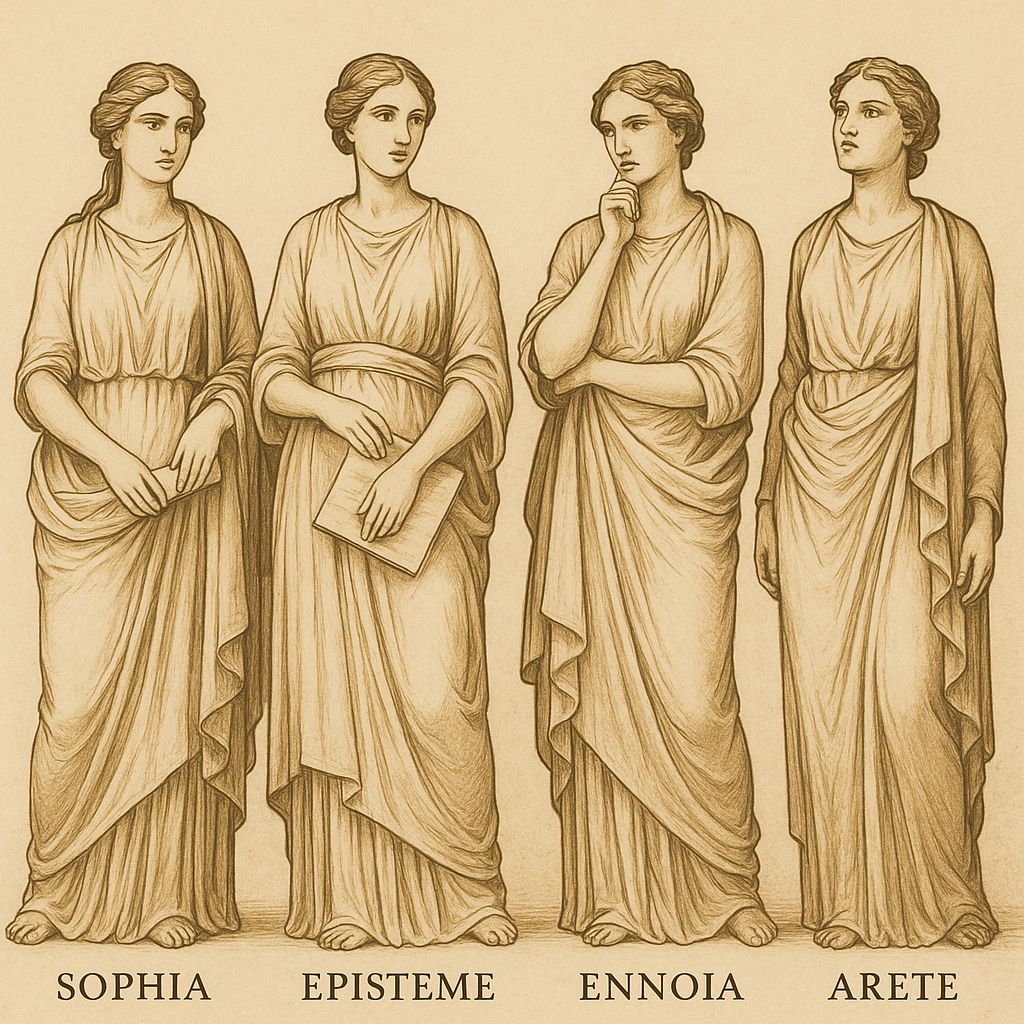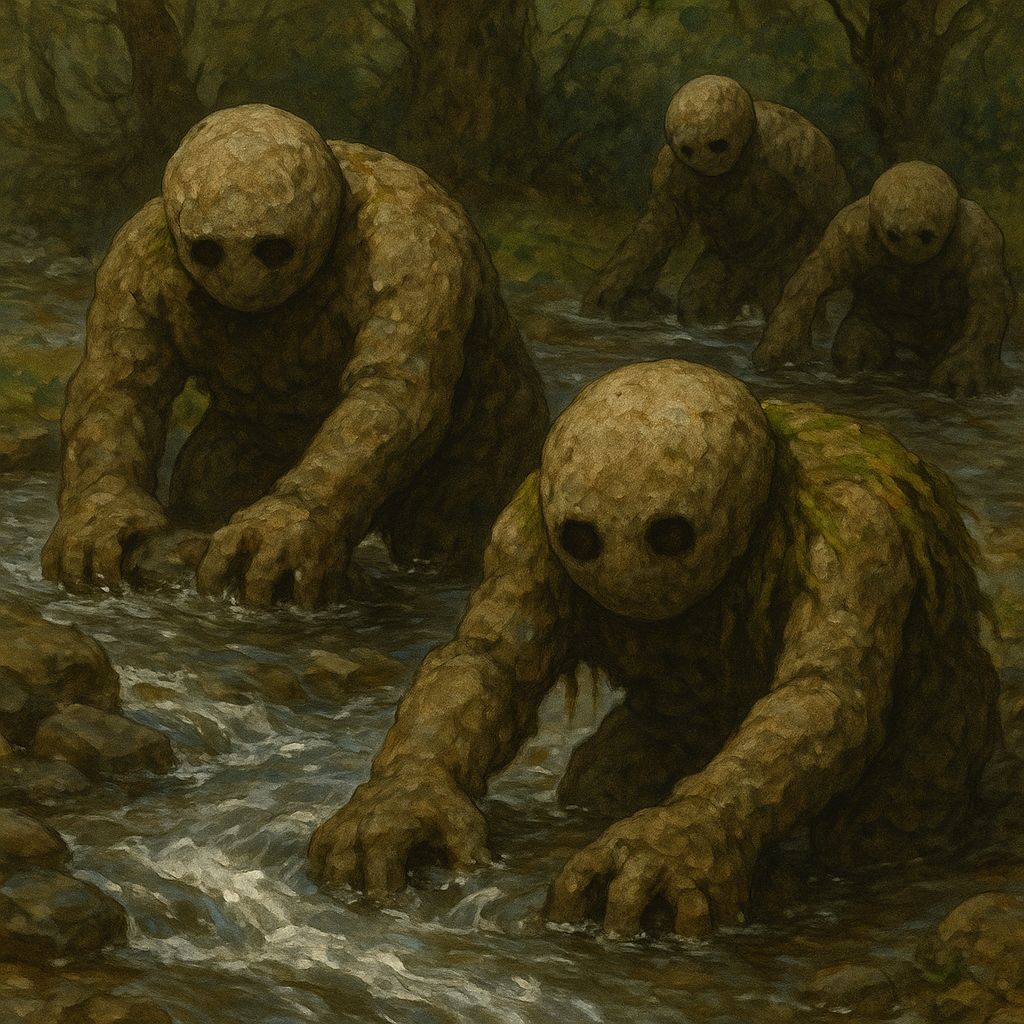(This is my first attempt at a new form called a Cadralor. Featured in Gleam, Issue 9):
———-
A hand skims the surface of an old record,
dust rising like breath. The needle catches, crackles,
then the voice of a singer, younger than memory.
In a café, a woman stirs her coffee clockwise,
watching the door without meaning to,
without admitting she is waiting.
The abandoned orchard still bears fruit.
beneath a tangle of overgrown branches,
a single apple, split open hums with bees.
Two names carved into a rail by the river,
edges softened by years of rain. Wind runs a hand
through the reeds, whispers its question.
At the train station, she turns at the sound of her name,
spoken as it used to be. The weight of years
is nothing; the distance, already closing.

